Building Africa's Trade Future Through Innovation, Integration, and Inclusive Growth

In the complex landscape of African economic development, one organization stands out for its transformative approach to reshaping the continent's trade dynamics. TradeMark Africa (TMA), formerly TradeMark East Africa, has emerged as a pivotal force in growing intra-African trade while simultaneously increasing the continent's footprint in global markets.
Since its establishment in 2010, TMA has evolved from a regional player to a continent-wide catalyst for trade development, with a unique model that combines strategic partnerships, technological innovation, and grassroots engagement. Operating on a not-for-profit basis with support from an impressive roster of international donors, TMA exemplifies how thoughtful intervention can create sustainable economic transformation.
From Regional Roots to Continental Impact
TMA's journey began with a focus on East Africa, where regional integration challenges were hampering trade potential. What started as targeted interventions in key trade corridors has blossomed into a comprehensive continental strategy addressing multiple dimensions of trade facilitation.

"The expansion from East Africa to a continental approach wasn't just a change in scope—it represented an evolution in understanding how interconnected Africa's trade challenges and opportunities truly are," notes a trade expert familiar with TMA's work. The organization officially launched its continent-wide shift in January 2023, with Ghana becoming its first operational base in West Africa.
This expansion reflects TMA's response to the African Continental Free Trade Area (AfCFTA) agreement, recognizing that the future of African prosperity lies in dismantling trade barriers across all regions of the continent.
Measurable Impact Through Strategic Intervention
TMA's approach to trade facilitation has yielded impressive results. Among its most notable achievements is a 16.5% reduction in cargo transit times on the Northern Corridor from Mombasa to Bujumbura—a critical artery for landlocked countries in the region.
Even more dramatic has been the average 70% reduction in crossing times at selected one-stop border posts implemented with TMA support. These efficiency gains translate directly into cost savings for businesses, improved competitiveness of African products, and ultimately better prices and options for consumers.
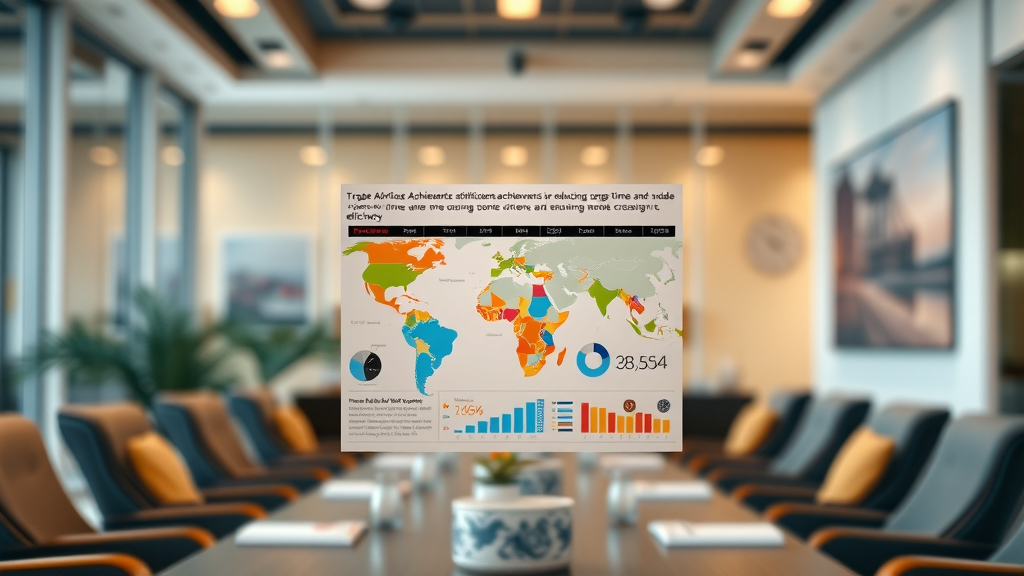
The organization's work spans multiple dimensions of trade development:
Physical infrastructure improvements at ports, border crossings, and along key trade corridors
Digital solutions that reduce paperwork, enhance transparency, and streamline customs processes
Policy harmonization efforts that align trade regulations across national boundaries
Standards development initiatives that help African products meet international market requirements
Capacity building programs that equip businesses and officials with crucial skills
Innovation Through Trade Catalyst Africa
In 2022, TMA demonstrated its commitment to innovation by establishing Trade Catalyst Africa (TCA), a specialized finance company designed to pilot commercially viable trade infrastructure projects. This initiative addresses two critical gaps in Africa's trade ecosystem: the need for both physical and digital infrastructure development, and improved access to trade finance for Small and Medium Enterprises (SMEs).
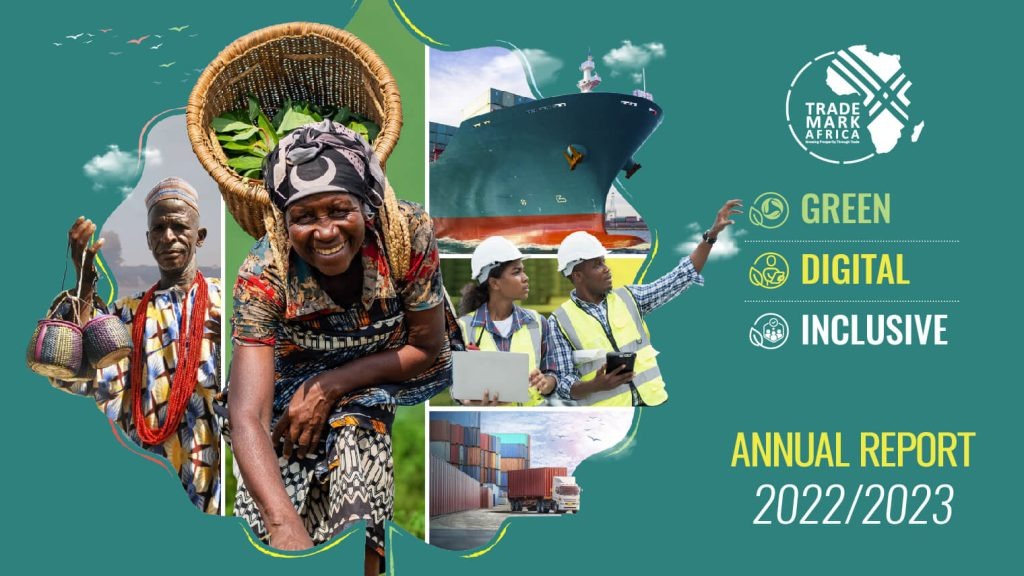
"The launch of TCA represents a significant evolution in TMA's approach," explains an economic analyst who has studied the organization. "By creating market-based mechanisms to complement traditional aid funding, they're building sustainability into the model from the ground up."
This innovative approach recognizes that while development assistance plays a crucial role, sustainable trade growth ultimately requires commercially viable models that can attract private capital and operate independently of donor support.
A Multi-Stakeholder Approach
What distinguishes TMA's methodology is its deeply collaborative nature. The organization works in concert with regional and continental inter-governmental organizations, national governments, private sector entities, and civil society groups.
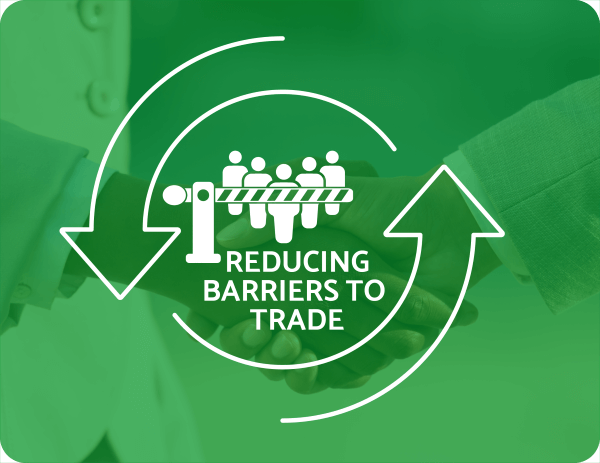
This multi-stakeholder approach ensures that interventions are aligned with both policy priorities and market realities. It also helps build the broad-based buy-in necessary for trade reforms to succeed in complex political environments.
TMA's partnerships extend to an impressive array of funders, including Belgium, the Bill & Melinda Gates Foundation, Canada, Denmark, the European Union, Finland, France, Ireland, the Mastercard Foundation, the Netherlands, Norway, the United Kingdom, and the United States of America. This diverse funding base provides both stability and flexibility in programming.
Beyond Economic Growth: Pro-Poor and Environmentally Sustainable Trade
Perhaps most significant is TMA's commitment to ensuring that trade growth benefits all segments of society while respecting environmental boundaries. The organization explicitly aims to make trade more pro-poor and environmentally sustainable—recognizing that economic development must be inclusive and responsible to be truly successful.

This approach manifests in programs targeting women traders, small-scale cross-border commerce, agricultural value chains, and green trade initiatives. By addressing gender disparities, supporting small businesses, and promoting sustainable practices, TMA is helping shape an African trade ecosystem that delivers broad-based prosperity.
Looking Forward: The Future of African Trade
With headquarters in Nairobi, Kenya, and offices in the EAC Secretariat (Arusha), Burundi, the Democratic Republic of Congo, Djibouti, Ethiopia, Ghana, Malawi, Rwanda, Somaliland, Tanzania, and Uganda—plus operations in Mozambique, South Sudan, and Zambia—TMA is positioned to drive continued trade transformation across the continent.
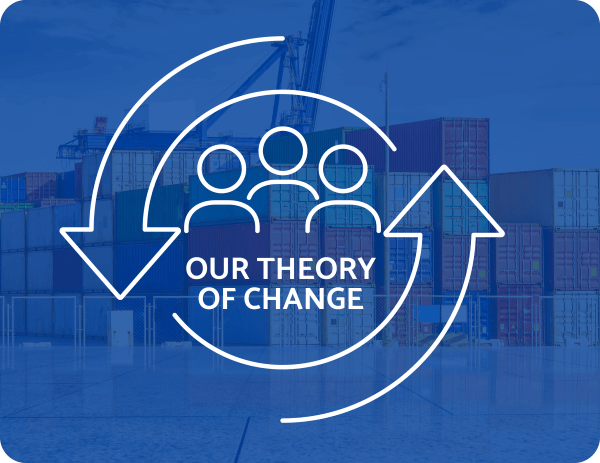
As Africa navigates the implementation of the AfCFTA and faces global economic headwinds, organizations like TMA play an ever more critical role in building resilient, efficient, and inclusive trade systems. Their work demonstrates that with the right combination of technical expertise, collaborative approaches, and innovative thinking, Africa's trade potential can be unlocked for the benefit of all its people.
For businesses, policymakers, and development partners interested in African trade development, TMA represents not just an implementing partner but a knowledge hub and catalyst for systemic change. Their journey from regional facilitator to continental trade pioneer offers valuable lessons for anyone working to build a more connected, prosperous Africa.
For more information about TradeMark Africa and their work in transforming trade across the continent, visit www.trademarkafrica.com or contact them at +254204235000.
 Add Row
Add Row  Add
Add 





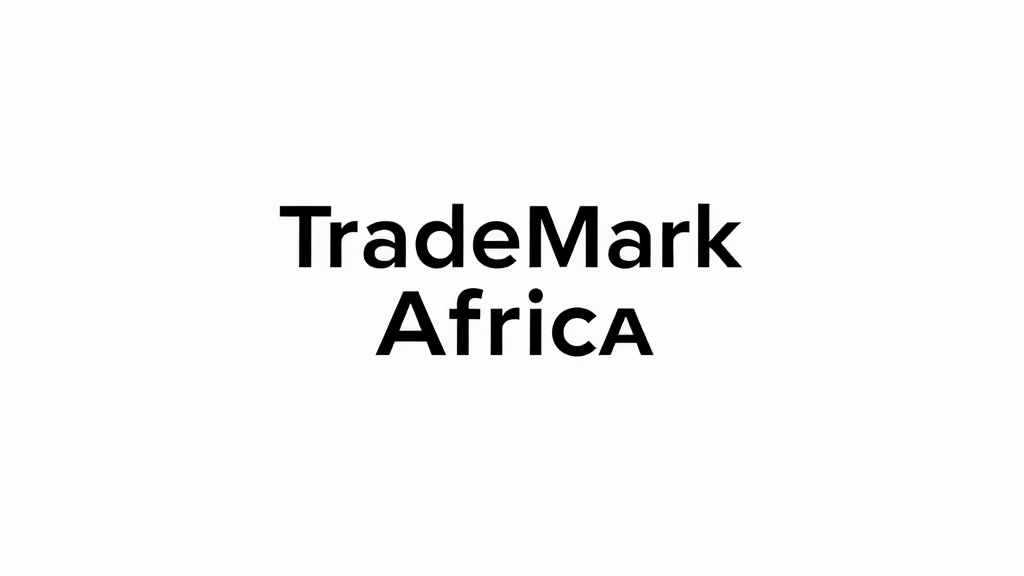
 Add Row
Add Row  Add
Add 

Write A Comment